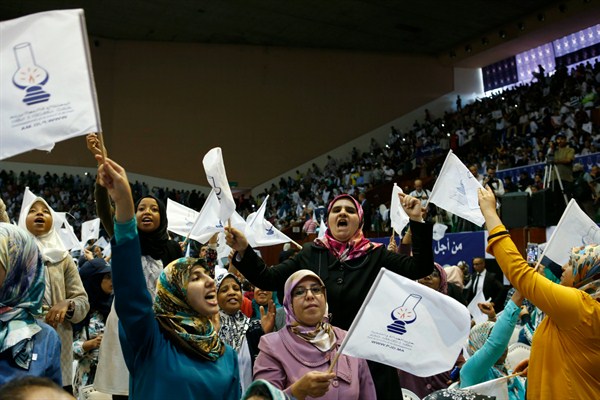On Friday, Oct. 7, Morocco will hold parliamentary elections that are an important barometer for the broader Middle East, since it is the only Arab country to organize regular elections with an acceptable level of competition among parties. It is also the only Arab country where Islamists have gotten consistently better results at the ballot box without stoking domestic unrest and instability.
Competitive elections in Morocco reflect the monarchy’s ostensible commitment to the political reforms ushered in by the new constitution passed in 2011, during the Arab Spring. That commitment is most evident in the behavior of the powerful Ministry of Interior, which in past elections manipulated ballot results to suit the palace, but has more recently backed away from such flagrant measures.
The lead-up to this year’s elections, though, demonstrates that tampering with the electoral process itself continues. This could deepen distrust in the political process and risk the monarchy’s reputation as a guarantor of Moroccan stability. Electoral manipulation is also a symptom of the palace’s failure to normalize relations fully with the ruling Justice and Development Party, or PJD, a moderate Islamist party that came to power with elections in 2011.

